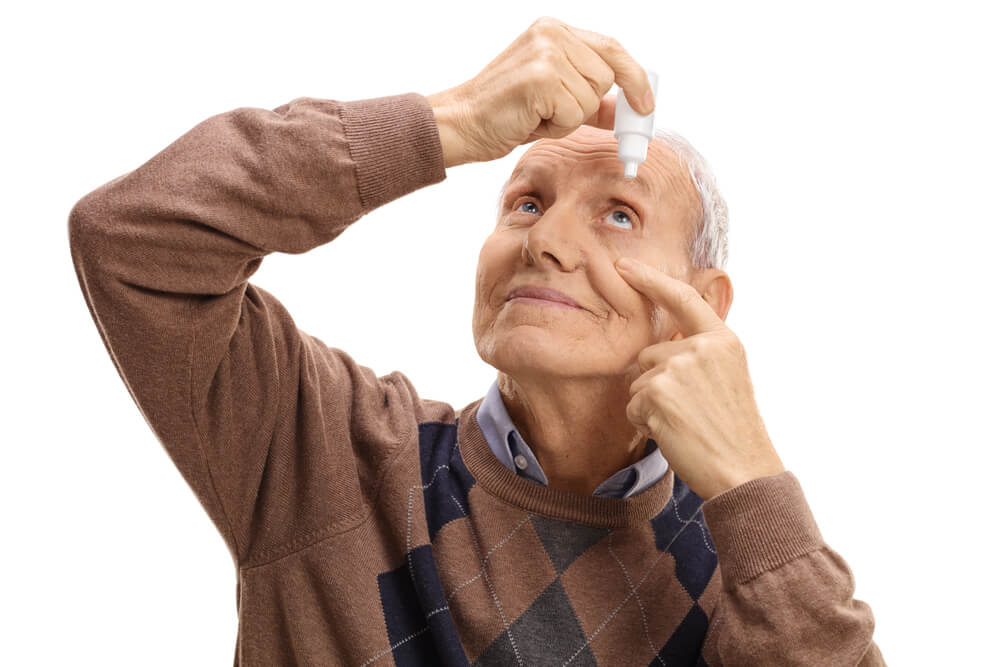Glaucoma Treatment Methods
Eye Drops
Glaucoma eye drops are prescription eye drops that decrease intraocular pressure by either reducing the amount of fluid your eye produces or improving the outflow of fluid your eye produces. Several different classes of glaucoma medications are available to provide pressure reduction including beta-blockers, prostaglandin analogues, alpha-adrenergic agonists, miotics, Rho kinase inhibitors, and oral and topical carbonic anhydrase inhibitors.

Oral Medications
For some forms of glaucoma, oral prescription medications may be recommended to help reduce pressure inside your eye.
Laser Therapy
Using a laser, your physician can treat the area where fluid flows out of the eye resulting in a reduction of eye pressure. Laser therapy is an outpatient procedure.
Filtering Surgery
Filtering surgery creates a new passage for fluid drainage. Surgery is usually reserved for cases that cannot be controlled by medication and after appropriate laser treatment.
Implant Surgery
To enhance filtering surgery, your ophthalmologist may insert a small aqueous shunt to keep the surgically created drainage opening from closing.
MIGS
Minimally invasive glaucoma surgery or MIGS refers to a few different surgical options. Some of these options are only done at the time of cataract surgery. MIGS are recommended to lower eye pressure and prevent progression of glaucoma. MIGS procedures are indicated in certain types of glaucoma and work by using microscopic-sized equipment and tiny incisions. MIGS typically are less invasive than filtering surgery.
Preventing Glaucoma
There is no absolute way to prevent glaucoma from developing. However, lifestyle choices definitely can play a role in the development of the disease. Smoking, obesity and sedentary lifestyle can increase risk. Conversely, regular exercise and active lifestyles can reduce risk. At Oklahoma Medical Eye Group, we can not stress enough how early detection through regular eye exams is the best form of protection against losing vision to this disease.
While anyone can develop glaucoma, some people are at a higher risk for developing glaucoma. Research shows greater risk for patients that:
- Are over the age of 60
- Have a family history of the disease
- Have elevated intraocular pressure
- Are African-American over the age of 40
- Have diabetes or hypertension
- Are very nearsighted or farsighted
- Have history of taking steroid medication
- Have past eye trauma
- Are Asian over the age of 40
- Are Hispanic over the age of 60



